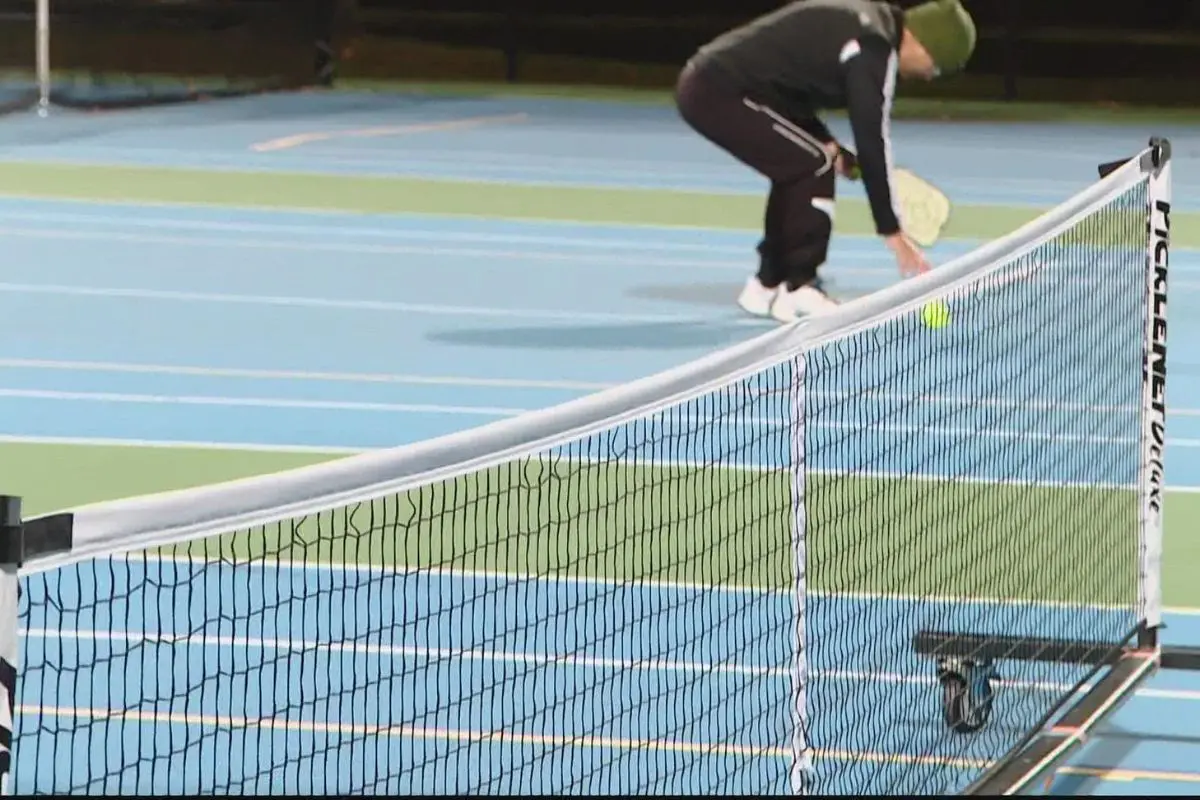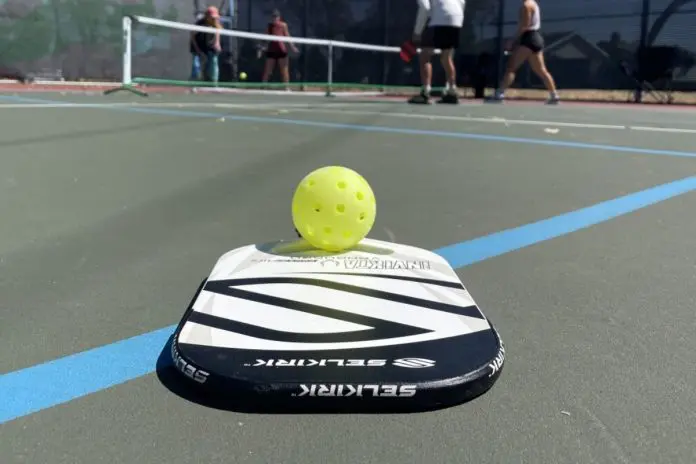Pickleball Noise Sparks Legal Battle: In the quiet suburb of Lone Tree, Colorado, the constant sound of pickleball paddles striking plastic balls has become the center of a contentious legal dispute. Mark Goodman and four of his neighbors from the Montecito at Ridgegate Community have taken their grievances to federal court, filing a 13-page nuisance complaint against the city. The group is asking the court to silence the six outdoor pickleball courts that operate up to 13 hours a day, disrupting their peace and quiet.
The Complaint: A Battle for Peace and Quiet
Goodman and his neighbors have detailed their plight in the lawsuit, describing how the incessant noise has intruded on their daily lives. One couple laments the loss of tranquility on their patio, even when wearing headphones. Another neighbor has abandoned using his back porch altogether, while yet another struggles to work from home amid the relentless noise, audible even through closed windows. The neighbors argue that no one in their community should have to endure such conditions, and despite months of lobbying the city, the only response they received was the installation of ineffective fences and landscaping.
“No resident in this community should live under these conditions,” The Neighbors.
Legal Grounds and Community Impact
The six pickleball courts, capable of hosting up to 24 players at a time, are operational from 8 a.m. to 9 p.m., seven days a week. Goodman’s complaint emphasizes that pickleball paddles exceed state and local noise levels, with other communities often enclosing their courts in soundproof bubbles or buildings. Since Lone Tree did not conduct a sound study before building the courts, the neighbors funded their own, revealing that the noise levels regularly hit 62 decibels, well above the state’s daytime limit of 55 dBA and nighttime limit of 50 dBA. Goodman argues that pickleball strikes should be classified as “exceed state and local maximum noise levels,” which have an even lower threshold under the law.
Seeking Relief and Legal Support
The lawsuit contends that the noise levels not only violate nuisance laws but also contravene sections of the city’s criminal code related to construction and fireworks, where violators can be fined up to $499. The neighbors are requesting the court to declare the pickleball courts a public nuisance and to order the city to cover their attorney’s fees. Represented by attorney Tessa Carberry at Husch Blackwell in Denver, the residents of Montecito at Ridgegate Community are seeking a legal resolution to restore the peace and quiet they once enjoyed.

News in Brief: Pickleball Noise Sparks Legal Battle
In Lone Tree, Colorado, residents of the Montecito at Ridgegate Community have filed a nuisance complaint in federal court against the city over the noise from six outdoor pickleball courts. The courts, operating up to 13 hours daily, have disrupted the peace for nearby homeowners, who report that the noise levels exceed state limits. Despite attempts to mitigate the issue, including installing fences and landscaping, the residents seek legal action to classify the courts as a public nuisance and request the city to cover their attorney fees. The lawsuit highlights the broader community impact and challenges associated with managing recreational noise in residential areas.
ALSO READ: Mono College Park’s New Pickleball Courts: A Community Victory
